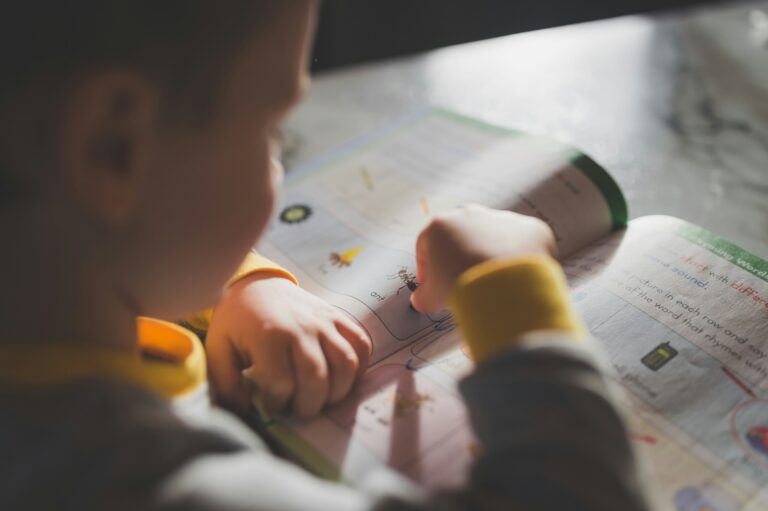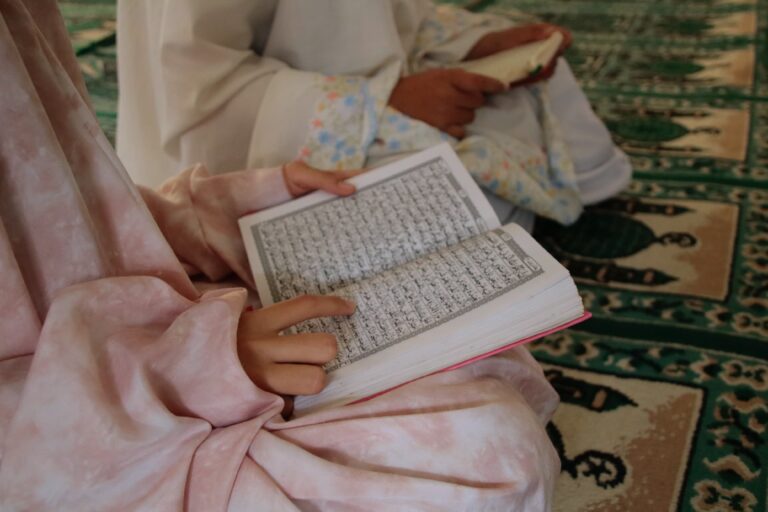Foundations Program

The Foundation program is divided into two levels—primary and middle level. Its main aim is to provide our students with fundamental skills in mathematics, as well as proficiency in English reading, writing, and speaking.
Primary and Middle Levels
In primary and middle levels, the curriculum includes English, which is supplemented with our Reading Program, and mathematics.
In the English curriculum, our primary level students learn phonology, spelling and systematic reading using our Reading Program. While our middle level students learn reading comprehension through exploring six common comprehension skills that will help them become proficient readers and prepare them for reading assessments they will encounter in later grades. In addition, our middle level students continue to learn and practice more spelling skills.
In the mathematics curriculum, our primary and middle students both explore the following basic math skills: number and operations, algebra, geometry, measurement, data analysis and probability. Each proceeding level explores the same skills but with more depth in a seamless spiral style.
Reading Program
In 2021, our Reading Program was introduced as a trial program that aimed at developing the reading skills of primary level students. The program consists of twenty lessons organized into four levels. Students are assigned to these levels based on their reading proficiency rather than their performance in other subjects.
The Reading Program uses the phonic method of teaching English, which comes as a supporting program to our phonology curriculum. Its main idea is to teach young learners the process of breaking down the unfamiliar words into recognizable sound units. It is designed to take our students who have no reading skills to being able to read and sound out any word they face.
The ultimate goal of this program is not only to teach reading skills, but also to build students’ self-esteem and empower them to unlock the doors of knowledge through the act of reading.
GED Program

In 2021, the GED (General Education Development) program was implemented to prepare our students to obtain GED certification. A GED diploma is a recognized certificate that is an alternative to a high school diploma. It is considered their only chance to get a recognized credential that would enable them to further continue their post secondary studies.
Pre-GED (Secondary Level)
As students progress to the secondary level, the program adopts the General Education Development (GED) curriculum, which covers the following subjects: language arts, mathematics, biology, chemistry, physics, and social studies.
Our secondary level also includes a secondary basics level for students who are beginner ESL (English as a Second Language) students. The secondary basics level also provides a basic math curriculum to prepare our students for higher secondary levels.
GED Preparation
After our students pass their secondary level courses, they start preparing for their GED exams. The preparation process consists of taking pre-tests then followed by the GED exams, which are conducted under a supervised and certified facility.
To obtain a GED diploma, students must pass the GED exams of language arts, mathematics, science (biology, chemistry and physics), and social studies.
Iqraa Quran Program

Iqraa operates independently of the Education4all learning programs and consists of weekly sessions dedicated to teaching the accurate recitation and meaning of the Quran. Currently, two classes are available for ladies and young girls, each conducted once a week based on teacher availability. These classes focus on Quranic memorization, online instruction in basic Tajweed rules, and understanding the meanings and teachings of the Quran. The primary aim of these classes is to fortify participants’ religious identity and foster spiritual growth.
Thanks to the dedicated efforts of teachers and partners, five of our students now have the opportunity to pursue a diploma in Islamic studies at an external institution. This initiative serves as a pathway to provide students with enhanced educational opportunities across various fields of studies.
FAQ Regarding Students
Which platforms do you use?
Our educational program consists of regular class meetings with the students via Zoom and Google Classroom. We are using basic platforms such as Zoom for live sessions, and Google Classroom for communication among teachers and students and helps facilitate online learning.
Who can join the education program?
At our educational program, we welcome students facing displacement and educational challenges to join our classes.
Where are you located?
Our learning program is 100% virtual with a simple and flexible approach to helping refugees at their own pace. Refugees have the opportunity to engage in education from the comfort of their own surroundings, ensuring accessibility and convenience.
Do you only teach refugee kids located in Indonesia?
Due to the limited capacity of teachers, we presently educate students located in Indonesia.
What subjects do you have in your program?
At the primary and middle levels, we focus on building the basic foundations of math and English reading, writing, and speaking. In our secondary level, we incorporate the GED (General Education Development) curriculum alongside standard subjects like English, math, biology, chemistry, and physics.
If I attend a class at another learning center, may I still register?
Students enrolled in Indonesian schools or other learning centers are welcome to join our classes, provided there is no scheduling conflict with their current educational commitments. Should students encounter a scheduling conflict between the two schools, they have the flexibility to select either of the two schools.
